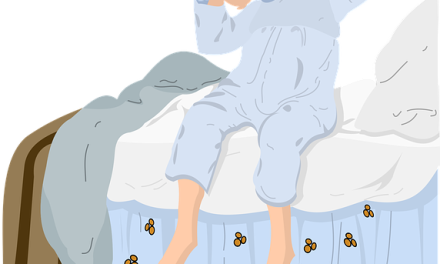Many people suffer from winter-related low mood or depression, but there are simple steps you can take to feel like yourself again.
- Stockport Council
According to the NHS, Seasonal Affective Disorder (SAD) affects around 2 million people in the UK and more than 12 million people across Northern Europe. It can affect people of any age, including children.
Public Health England suggests 5 ways to wellbeing:
• Connect with people around you, including family, friends, colleagues and neighbours. Building these connections will support and enrich you every day.
• Be active. Go for a walk or run. Step outside. Cycle. Play a game. Garden. Dance. Exercising makes you feel good. Most importantly, discover a physical activity you enjoy and one that suits your level of mobility and fitness.
• Take notice. Savour the moment, whether you are walking to work, eating lunch or talking to friends. Be aware of the world around you and what you are feeling. Reflecting on your experiences will help you appreciate what matters to you.
• Keep learning. Try something new. Rediscover an old interest. Sign up for that course. Take on a different responsibility at work. Fix a bike. Learn to play an instrument or how to cook your favourite food. Learning new things will make you more confident as well as being fun.
• Give. Do something nice for a friend or a stranger. Thank someone. Smile. Volunteer your time. Join a community group. Look out, as well as in. Seeing yourself, and your happiness, linked to the wider community can be incredibly rewarding and creates connections with the people around you.
Remember to check on older and/or vulnerable neighbours as well who may need friendly contact, help with shopping or just a little boost as the weather turns colder.
Councillor Tom McGee, Stockport Council’s Executive Member for Health, said: “These suggestions may be helpful to you, but if you are finding it hard to carry out day-to-day tasks in winter without any extra support, please contact Self Help Services to check what help is available.”
For more information or access to support, visit www.selfhelpservices.org.uk or ring 0300 003 7029.



















